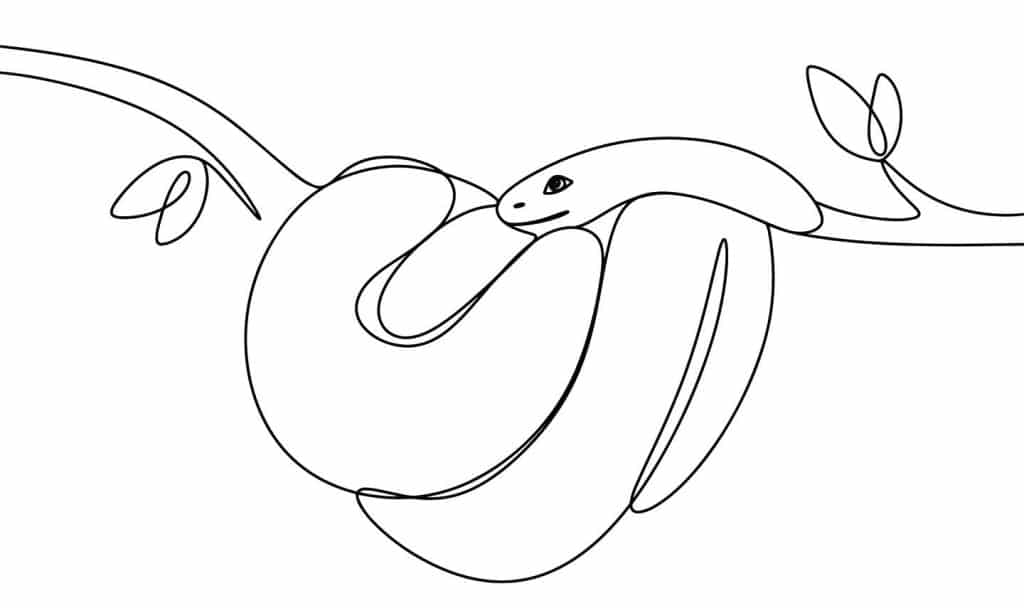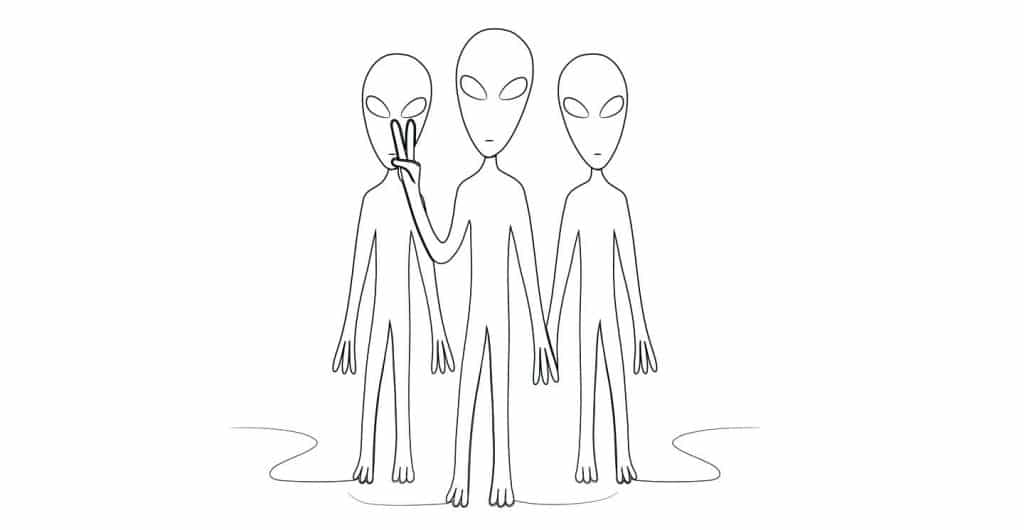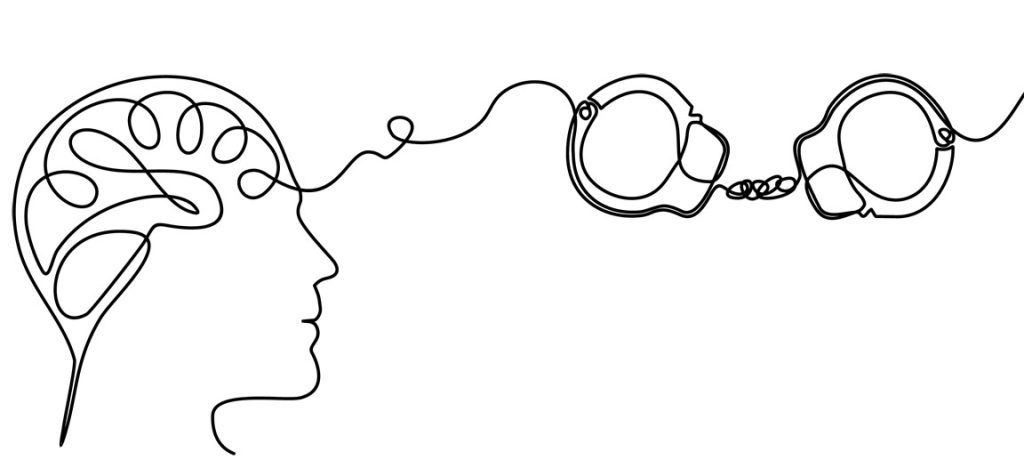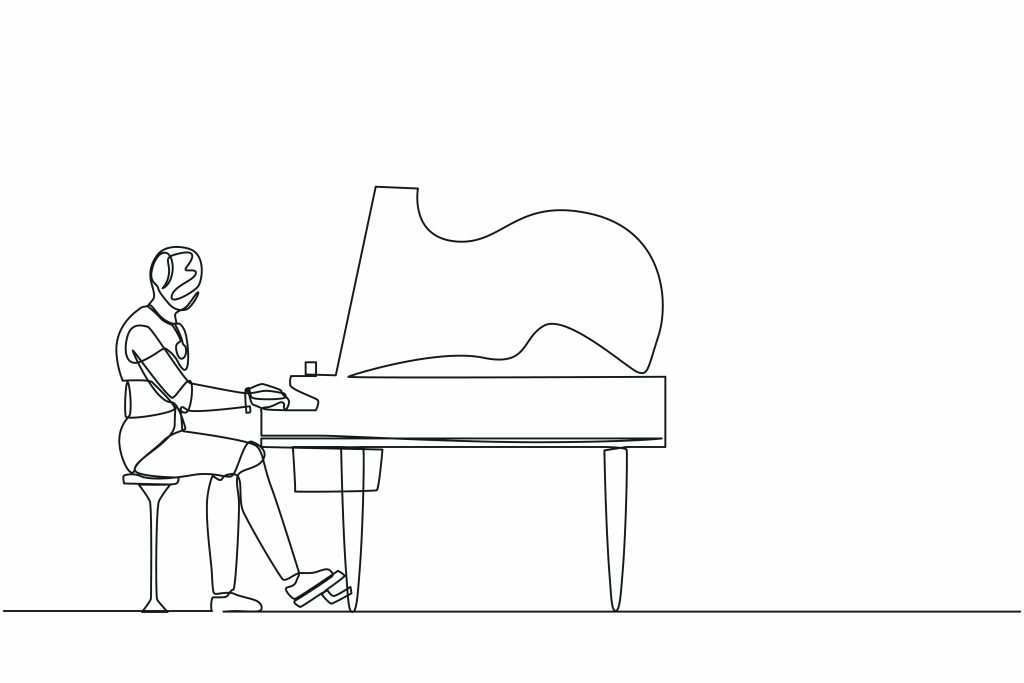It seems that Whites will become a minority of Americans by 2045. This demographic reality is fueling the Great Replacement Theory that’s behind rising racial violence in the US.
I also learned that 32,000 Americans are imprisoned because of cannabis offences.
These two unrelated facts are connected in an odd and vital way to Canada and Toronto.
First, Whites became a minority of Toronto’s population in 2015.
What happened then?
Nothing. Even today, when 58% of Torontonians are not White, and when one in two Torontonians is born outside Canada, “nothing” is “happening”.
On October 17, 2018, cannabis was legalized across our country. What happened on that day and beyond?
Nothing. Young men, whacked up on grass, didn’t roam the streets terrorizing the population. Stoned-driving cases didn’t uptick. Even now, nearly five years later, the wisdom of decriminalizing cannabis isn’t polarizing our society. Frankly, not many of us give it a second thought.
I, for one, am happy to live in a place where nothing happens.
Meanwhile…












